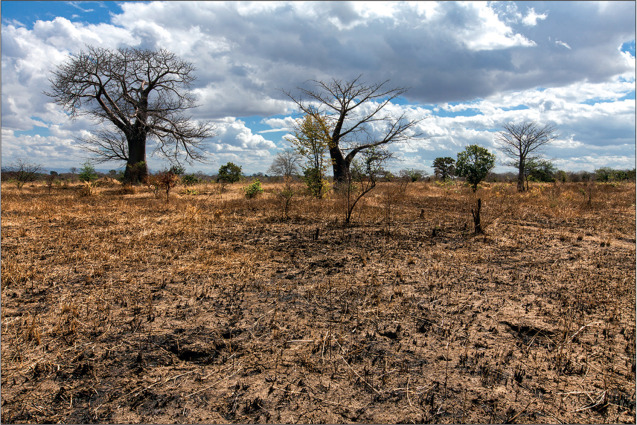The African Climate Resilient Investment Facility (AFRI-RES), the African Institute for Economic Development and Planning (IDEP) and the Programme for Infrastructure Development in Africa (PIDA) have trained government officials and other stakeholders to ensure that countries have a critical mass of expertise to support resilient infrastructure.
Speaking during the three-day training in Dakar, Senegal, hosted by the African Institute for Economic Development and Planning (IDEP) of the United Nations Economic Commission for Africa (ECA), IDEP director Karima Bounemra said that it is intended as a response to the increased recognition of the negative impacts of climate change on the performance of long-term infrastructure projects in Africa.
Read also: US, EU begin talks on trade, technology amid climate plan tensions
“With African governments spending up to nine per cent of their limited budgets to respond to extreme weather events, ensuring these projects are resilient to climate change impacts is critical for attracting investments, particularly from the private sector,” Bounemra added.
He stated that PIDA phase II – the continental infrastructure blueprint – must be completed for the continent to realize the agenda 2063 vision of ‘Africa We Want.’
A press release issued by the Communications Section of the Economic Commission for Africa also showed that the training is also expected to help build resilience and protect Africa’s trillions of dollars needed to close the continent’s enormous infrastructure gaps.
The training is also intended to increase the awareness of senior decision-makers on the need for investments in resilience to climate variability and change in the transportation, energy, agricultural, water, and ecosystem sectors, as well as to strengthen their capacity to plan, design, and put those investments into action.
Story was adapted from ECA.
